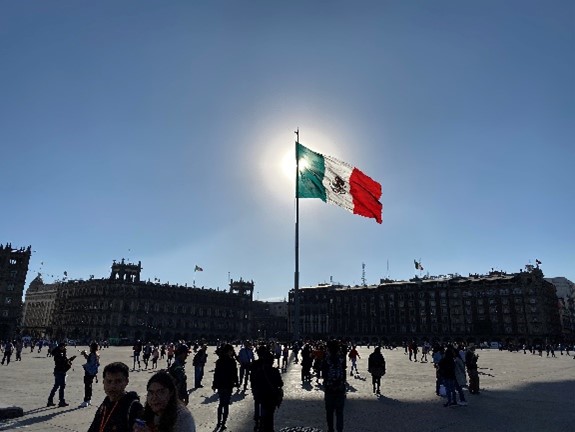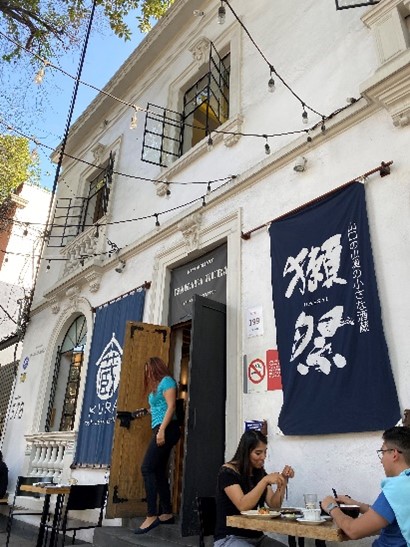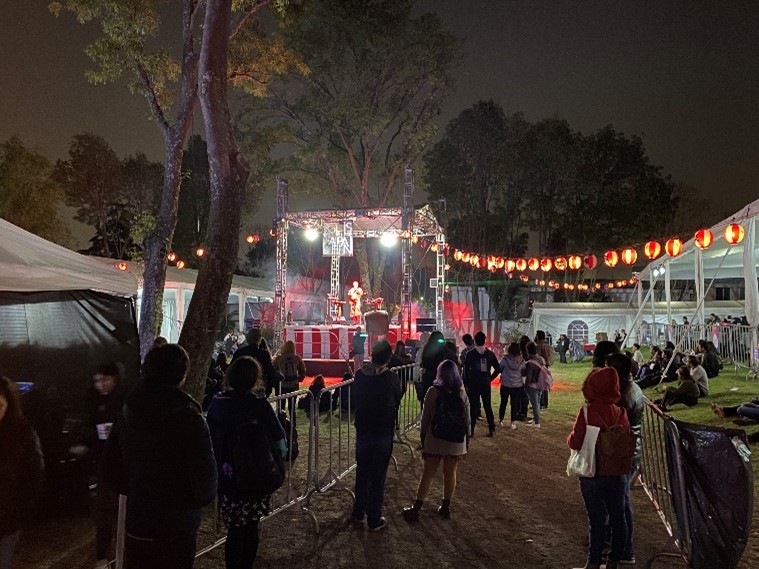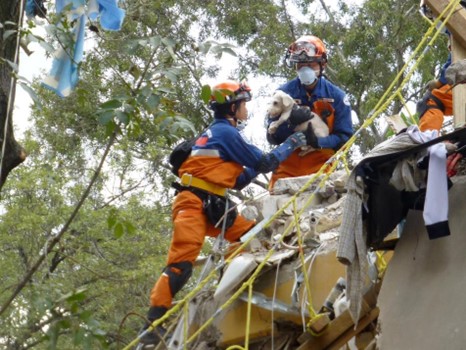Letters from HUAP (until 2024)
Mr. Makoto Hirata
I applied to become a partner, as I saw the inauguration of the Ambassador Partner System as a message for Hokkaido University to further promote international partnerships and I thought there must be something I could do as a graduate working in the international cooperation industry. I’m very honored to have been appointed as a partner as a result.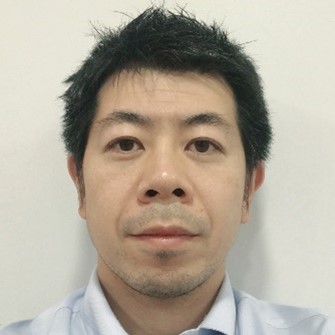
Latin America, in which I’ve been deeply involved during my career, is probably unfamiliar to Japanese, as it’s far from Japan and in a different language zone. Even so, I feel that such unfamiliarity is exactly why I can repay the favor to my alma mater through my expertise and work experience there.
When I was a student, I felt— and I still feel—that Hokkaido University has an excellent environment, with great natural splendor, even though it’s in downtown Sapporo. I was in the Laboratory of Horticultural Science of the Faculty of Agriculture. Under the policy of then Professor Katsuji Osawa that students of the Faculty of Agriculture should have experience growing vegetables, I cultivated all kinds of vegetables with the help of technical officials, using part of the field (approx. 600 m2) behind the faculty. Enjoying jingisukan (lamb barbecue) on the campus lawn with friends from seminars and clubs is also a good memory, although I hear it’s banned now.
I often hear the name of Hokkaido University during my JICA activities. I’m quite impressed by Hokkaido University’s cooperative activities, such as research on zoonoses in Zambia, Africa, and cooperation on livestock farming in Bolivia, South America, to solve global-scale problems in natural science, a field in which the university has advantages. JICA also has many members from Hokkaido University who are active on the front lines, such as Director General Satoshi Yoshida (formerly in the Keiteki-Ryo student dormitory) of the Latin America and the Caribbean Department, who’s also been a Japan Overseas Cooperation Volunteer; Chief Secretary Hiroo Tanaka of the Office of the President; and Chief Representative Jiro Takeichi of the Balkan Office (in Serbia). I feel that the great number of people involved in support for developing countries is an embodiment of Hokkaido University’s frontier spirit.
Mexicans are kind to Japanese in general, as Mexico has pro-Japanese sentiment fostered by people of Japanese descent, starting with the Enomoto Colonization Company that was led by Takeaki Enomoto, who landed at Chiapas State in the southern part of the country in 1897. There are also many Japanese people working and living in Mexico, as more Japanese companies are expanding to that country with the recent growth of economic ties between the two countries. There are many Japanese restaurants in downtown Mexico City with dishes as good as those served in Japan. Although the security problems of Mexico often attract attention, it’s one of the most livable countries for Japanese in Latin America.
International society is now moving together to resolve common challenges by setting sustainable development goals (SDGs). Against such a background, Hokkaido University is expected to take the lead in promoting further industry-university-government collaboration by making the most of the human network of its alumni. I believe that people with experience and the willingness to take on new challenges fostered in the liberal academic culture of Hokkaido University can be leaders anywhere in the world. Although a mountain of challenges remains to be solved, let’s put our energy into our tasks with the spirit of keppare (doing one’s best).
アンバサダー・パートナー制度が発足し、北海道大学も一層の国際連携強化に乗り出していくというメッセージであると受け止めましたが、北海道大学の同窓生として、国際協力業界に身を置いている自分に何かできることはないかと思い、応募させていただきました。その結果として、パートナーに任命していただき、大変光栄に思っています。
私のキャリア上関わりの深い中南米は、日本から遠く離れ、また言語圏も異なるため、一般的に日本人にとってなじみが薄い地域ではありますが、だからこそその専門性、中南米地域での業務経験を通じて、自分の母校に恩返しができるのではないかと感じています。
在学中や今でも思っていることは、とにかく北海道大学は札幌の都心にありながら自然も豊かで、抜群に環境が良いということです。私は農学部園芸学教室出身で、当時の大澤勝次教授の「農学部生たるもの、野菜を育てた経験があって然るべき」という方針のもと、農学部裏手の圃場の一部(600㎡程)を使い、技官の方の助けを借りながら、一通りの野菜栽培を経験させていただきました。また、今では禁止されていると聞いていますが、構内芝生でゼミ生やサークル仲間と楽しんだジンギスカンも良い思い出です。
私はJICAでの業務上の関わりの中で、北海道大学の名前をよく聞くことがあります。ザンビアでの人獣共通感染症研究や、ボリビアでの畜産分野における協力活動など、北海道大学が強みを持つ自然科学分野において、地球規模の課題解決に向け、国境を越えて協力を推し進めているのが大変印象的です。また、JICAでは多くの北大OBが在籍しています。中南米部長である吉田憲(さとし)さん、理事長室長である田中啓生(ひろお)さんをはじめ、50名程度の北大出身者が職員として働いています。開発途上国への支援に関わる人の多さは、北海道大学の「フロンティア精神」を体現するものだと感じています。
メキシコには、1897年の榎本武揚らの移民団から始まると言われている日系人が作り上げてきた親日的な土壌が存在し,多くの方々は日本人に好意的です。また、近年の日系企業の進出により多くの日本人が駐在・居住しています。さらに、メキシコシティ中心部には多くの日本食レストランがあり、日本国内と遜色ない味を楽しめます。
今や国際社会ではSDGsというゴールを掲げ、一丸となって課題解決に向けた動きを進めています。その中で、北大同窓生が持つ人脈により、産・学・官を一層活発に連携させるよう、北海道大学が音頭を取って進めるような動きも望まれます。北海道大学の自由な学風の中で培ってきた経験やチャレンジ精神があれば、世界のどこでも通用すると思っています。解決すべき課題は山積していますが、「けっぱれ」精神でのびのびと奮闘していきましょう。
- メキシコシティ中心部のソカロ(Zocalo)広場にあるメキシコ国旗
- メキシコシティで有名な日本料理店「蔵(くら)」の外観
- 現地の日本人会「日墨協会(にちぼくきょうかい)」が実施するイベントの様子
- 2017年9月メキシコ中央部で発生した地震の救助活動をする日本人チーム


